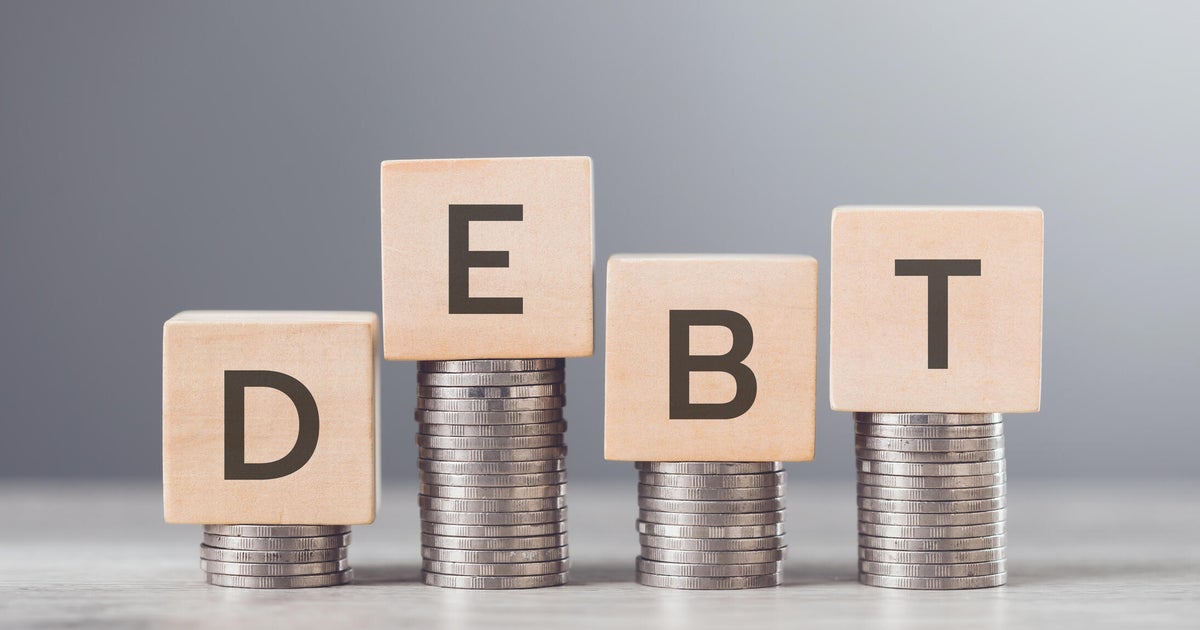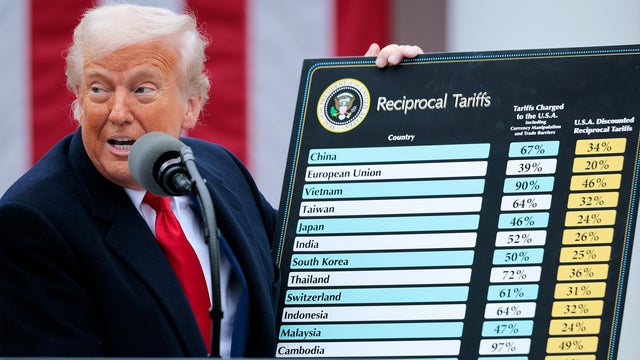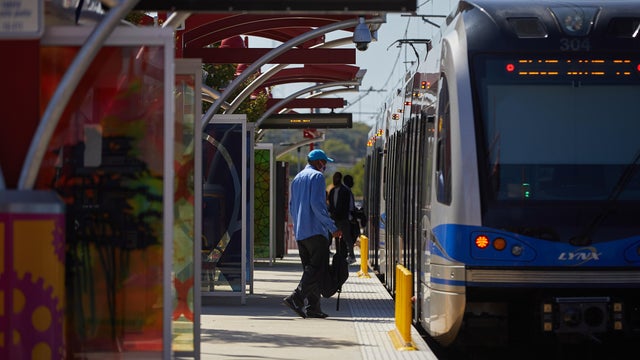

Credit card issuers are generally not obligated to waive your payments after an unexpected job loss, even if you explain your situation. While they may be sympathetic, their primary concern is recovering the debt. However, they do offer various hardship programs and options that you can explore to mitigate the impact of unemployment on your credit card payments. What you shouldn't expect: Automatic waivers are rare. Simply stating you lost your job is unlikely to result in a complete forgiveness of your debt. What you should do: Contact your credit card issuer immediately. Explain your situation honestly and thoroughly. Provide documentation such as your termination letter or unemployment claim. The earlier you contact them, the better your chances of negotiating a solution. Explore hardship programs: Most credit card companies offer hardship programs designed for individuals facing financial difficulties. These programs may include: Reduced minimum payments: A lower monthly payment amount to make it more manageable during unemployment. Payment deferral: Temporarily postponing your payments for a set period, often with accrued interest. Waiver of late fees: Forgiveness of late fees incurred during the hardship period. Lower interest rates: A temporary reduction in your interest rate. Negotiate a payment plan: If a hardship program isn't sufficient, try to negotiate a repayment plan that fits your budget. This might involve paying a smaller amount each month for an extended period. Consider debt consolidation: If you have multiple credit cards, consolidating your debt into a single loan with a lower interest rate might make payments more manageable. Seek professional help: Contact a credit counselor or financial advisor for guidance on managing your debt and exploring options you might not be aware of. Important Considerations: Documentation is crucial: Provide any evidence supporting your claim of unemployment, such as a termination letter, unemployment benefit confirmation, etc. Be prepared to negotiate: The issuer may not offer everything you request, so be prepared to compromise. Understand the implications: Any agreed-upon arrangement will likely affect your credit score. Even with a hardship program, late payments can negatively impact your credit. Don't ignore the problem: Ignoring your credit card debt will only worsen the situation. Proactive communication is key. In short, while a complete waiver is unlikely, actively communicating with your credit card issuer and exploring their hardship programs significantly increases your chances of finding a manageable solution during this challenging time. Don't hesitate to seek professional financial advice.

Losing a steady paycheck can hit hard, especially when the bills keep coming. And, in today's economic landscape, those bills aren't just continuing. They're also growing, especially for those who have . According to the latest Federal Reserve data, the total amount of credit card debt nationwide — and the average card comes with . As a result, the interest charges can rack up quickly, and so can the late fees and other charges.
And, for someone who's suddenly out of work, could cause even to feel impossible. Given the precarious position that can put you in, some borrowers may wonder if their credit card companies will step in to pause payments or provide relief after the income suddenly stops. So, will card issuers waive your payments if you lose your job unexpectedly, or will you need to find another route to take? That's what we'll explore below.
.
In general, no, credit card issuers will not simply "waive" your credit card payments, not entirely, anyway — even if you lose your job unexpectedly. What they may do is offer temporary assistance programs, , payment deferrals . These hardship programs can help reduce your minimum payments, or temporarily pause payments for a set period, typically three to six months.
However, these programs are not automatic. You have to request and qualify to take advantage of them, and enrollment is discretionary, meaning that issuers evaluate each request individually. That means factors like your account history and outstanding balance can all affect your eligibility.
It's also important to understand that even if a credit card company , interest may still accrue, meaning your balance could grow despite making no payments. Enrolling in a hardship program can also impact if the arrangement is reported to credit bureaus, though some lenders report it as "current" status while the plan is active.
You should also understand the fine print before trying to take advantage of what these options can offer. Some programs require documentation of your job loss, such as a termination letter or proof of unemployment benefits. Others may expect you to commit to a repayment plan once the pause period ends. So, don't be surprised if they ask for detailed information about your budget and expenses or expect you to agree to strict parameters during the process.
.
If your credit card issuer can't or won't offer meaningful relief, there are several other strategies to manage payments. Here are the other options to consider:
Credit card issuers typically don't simply waive payments after an unexpected job loss, but many offer options to make debt more manageable during a tough stretch. Hardship programs, forbearance arrangements and other temporary solutions exist, but they often come with strings attached, including continued interest accrual and potential credit implications.
If your issuer can't provide relief, consider your other debt relief options to narrow down the viable alternatives. Whatever route you take, though, just be sure to act quickly. The longer you wait, the higher the risk of late fees, interest buildup and negative marks on your credit report, which can make it harder to get your finances back on track.





